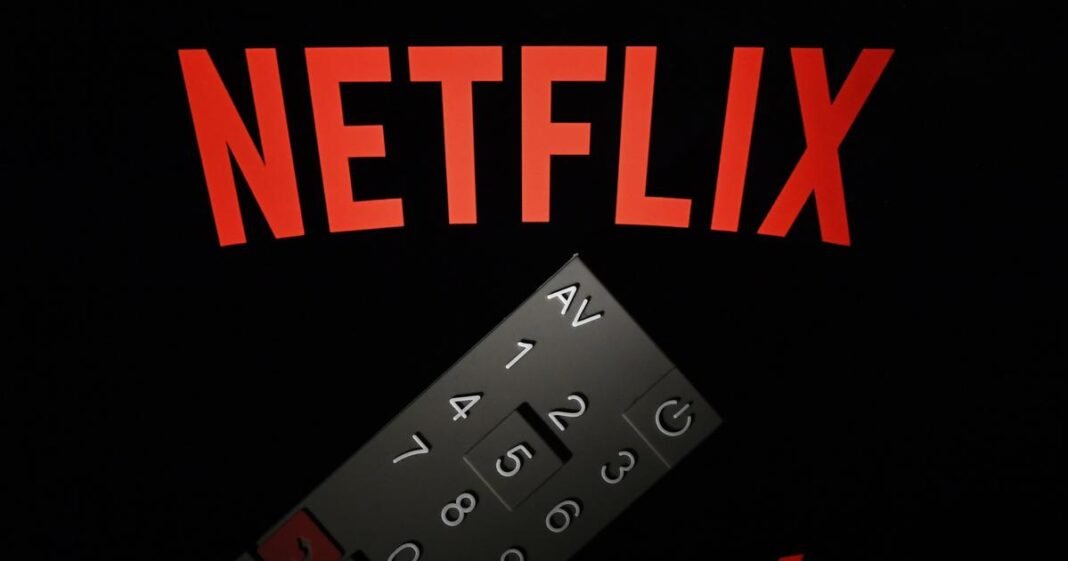the global streaming of uncut Indian films. This decision comes amidst a growing debate and regulatory scrutiny surrounding the content streamed by OTT platforms, prompting industry leaders to reevaluate their content policies.
The move by Netflix, one of the leading global streaming giants, reflects the industry’s response to the evolving landscape of content regulations and the need for responsible streaming practices. The decision is seen as a step towards self-regulation, with OTT platforms taking proactive measures to address concerns related to explicit content, cultural sensitivities, and potential regulatory interventions.
Netflix’s decision to halt the global streaming of uncut Indian films signifies a collective effort by OTT platforms to establish a standardized content framework. The move is expected to impact the international availability of certain Indian films that might be deemed as violating content guidelines. The objective is to strike a balance between creative expression and cultural considerations, ensuring that content adheres to acceptable standards on a global scale.
While specific details about the criteria for “uncut” films remain unclear, the overarching aim is to implement content moderation measures that align with societal norms and respect cultural sensitivities. The move also aims to address concerns raised by regulatory authorities in various countries about the potential influence of Indian content on diverse audiences.
A Paradigm Shift in Content Strategy: Netflix’s Move Toward Responsible Streaming
This decision follows similar actions taken by other OTT platforms that have either edited or removed specific scenes from their content libraries to comply with regional regulations or cultural expectations. The evolving nature of content consumption and the global reach of OTT platforms have brought forth the need for a nuanced approach to content creation and distribution.

Netflix, as a major player in the streaming industry, is likely to set a precedent with this decision, influencing content policies across the OTT landscape. The move reflects an acknowledgment of the responsibility these platforms bear in shaping cultural narratives and respecting the diverse sensibilities of their global audience.
The debate surrounding content regulation on OTT platforms has gained momentum in recent times, with stakeholders engaging in discussions on striking a balance between creative freedom and societal norms. While creative expression is valued, the global nature of streaming platforms requires a thoughtful approach to content that respects cultural nuances and regional sensitivities.
As Netflix and other OTT platforms navigate this evolving landscape, the industry is likely to witness further discussions on content standards, self-regulation, and collaboration with regulatory bodies. The aim is to create a framework that fosters creativity while ensuring that content aligns with the values and expectations of a diverse and global audience.

Netflix’s decision to cease the global streaming of uncut Indian films is a noteworthy development in the ongoing discourse on content regulation in the OTT space. The move reflects a commitment to responsible content practices and sets the stage for a more standardized approach across the streaming industry. As the industry continues to adapt to changing dynamics, discussions on content standards and self-regulation are expected to shape the future of content creation and consumption on digital platforms.
The decision by Netflix to discontinue global streaming of uncut Indian films underscores the importance of a nuanced content strategy in the dynamic landscape of the entertainment industry. As platforms expand their reach to diverse audiences worldwide, the need for content moderation becomes paramount. This move is not only a response to regulatory concerns but also a proactive step towards fostering a global environment where creativity thrives while respecting cultural sensitivities.
The impact of this decision extends beyond content availability, signaling a broader industry shift towards embracing responsible content practices. OTT platforms are increasingly recognizing the influence they wield in shaping cultural narratives and the societal impact of the content they distribute. By actively engaging in self-regulation, these platforms aim to contribute to a media landscape that is both diverse and mindful of the cultural contexts in which it is consumed.
While this decision may face scrutiny from various quarters, it highlights the evolving nature of the streaming industry and its commitment to adapt to changing expectations. Balancing creative expression with the responsibility of catering to a global audience requires continuous dialogue and collaboration between content creators, platforms, and regulatory bodies. This marks a significant step in the journey towards finding a common ground that respects creative freedom while upholding societal norms.
The broader implications of Netflix’s move may prompt other OTT platforms to reevaluate their content strategies, fostering an industry-wide commitment to responsible content creation. As conversations around content regulation continue, this shift signifies a pivotal moment in the evolution of the digital entertainment landscape, where platforms recognize their role as global influencers and take deliberate steps to shape a content ecosystem that resonates with audiences worldwide.




